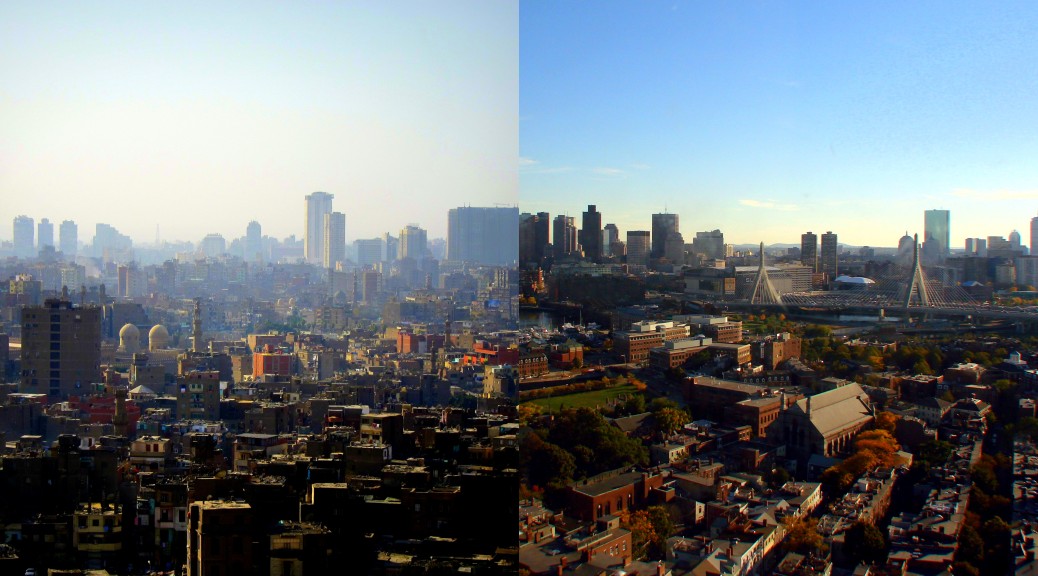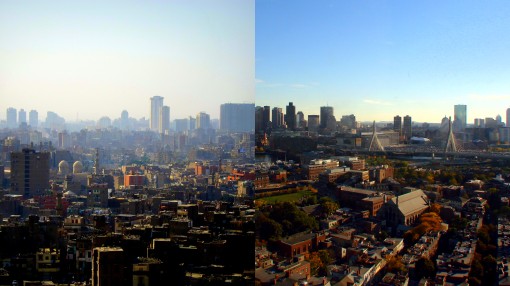“Fuck you, asshole!” I yelled.
Easily three times my size, “hey, pretty thing” was helping someone carry a table down Fredrick Douglass in Harlem. My words bounced off his back.
His friend, who was facing me, and carrying the opposite end of the table from my “admirer,” looked up, surprised.
Seeing only a cloud of red instead of the Dunkin Donuts pumpkin munchkins I had been fantasizing about and on my way to get, the words furiously kept pouring out.
“If you want to say something, why don’t you say it to my face, instead of just walking past like a coward.”
A few weeks earlier, the same explosion of fury against “hey, gorgeous,” who had sidled past me, muttering, while turning into the corner store, had at least elicited a silent apology of upraised, “I surrender” hands when I stopped and loudly vented.
I think people turned and stared. I’m not sure. I lost sight of everything else around me.
I’ve done my time in Cairo, where I lived before moving to New York. An April UN report said that 99.3 percent of women in Egypt have experienced sexual harassment.
New York was supposed to be a respite.
I am not an angry person. Ever. Ok, almost ever. How quickly the rage engulfs me, transforms me, is astonishing.
In Cairo, I tried to knock over the motorcycle of two “pssssst, pssssssssst, ya asl” as they slowly drove past me in rush hour traffic.
Through the city’s winding, ritzy neighborhood of Zamalek, I chased the “ass-grabber,” no older then fifteen, down ten blocks yelling, “I hope God brings destruction to your home.” (It doesn’t sound as bad in Arabic.)
From a movie camera perspective, the two Cairo incidents and my reaction were probably comical.
But what would I have done had I actually caught the ass-grabber?
Or if “hey, pretty thing” had actually turned around and yelled back at me?
In Cairo, I honestly have no idea. I might have tried to chastise or have a conversation, but every time I’ve attempted that it has been taken as a flirtation or met with mocking laughter. I think the trick is to be calm and distant, instead of livid.
Except the problem is that I’m so fucking angry.
In New York, I might have engaged.
Maybe.
Photographer Hannah Price did a series called City of Brotherly Love, taking portraits of men in Philadelphia who had harassed her minutes earlier.
They are compelling, evocative pictures.
The Philadelphia neighborhood is clearly low-income. Most of the men are black. Their faces show the wear of a hard life.
This is all somewhat true of where I live in Harlem. It’s “gentrifying” – i.e. kicking out the long-time residents for yuppies and students, most of whom come from privilege – like me.
Similarly, in Cairo, Julia Simon, a young American radio journalist, spontaneously stopped and had a conversation with the guy who harassed her as she walked by – probably a young kid on the side of the street, peddling or loitering, with not much else to do.
The unemployment rate among young men in Egypt is 32 percent. Underemployment is just as bad, if not worse.
Both of these women have sympathy, or at least curiosity, about their harassers, whereas in that moment of being harassed, I have none.
I know that there are justifications and histories and contexts and sociologies and pathologies that explain why this happens. There are compelling reasons to engage these men with understanding and not hostility.
But in that moment, when you stop believing I’m human, I also stop believing you’re human.


